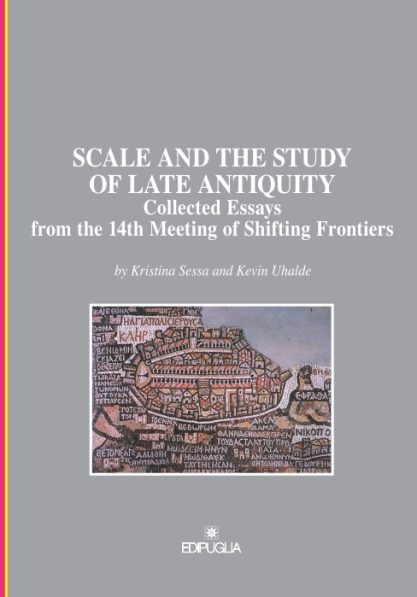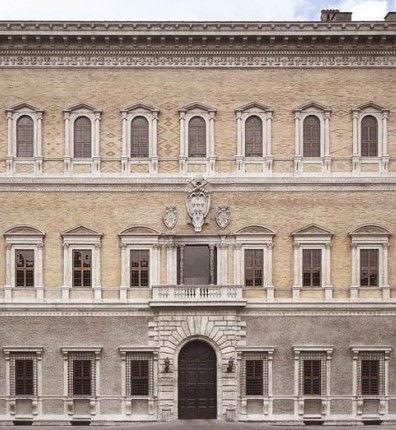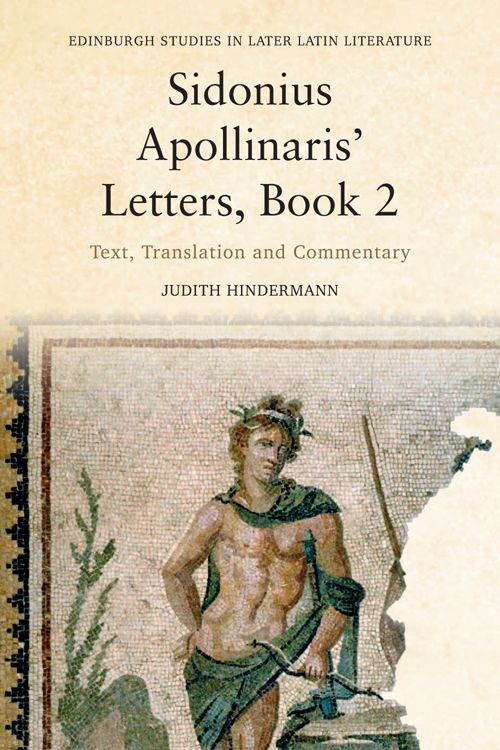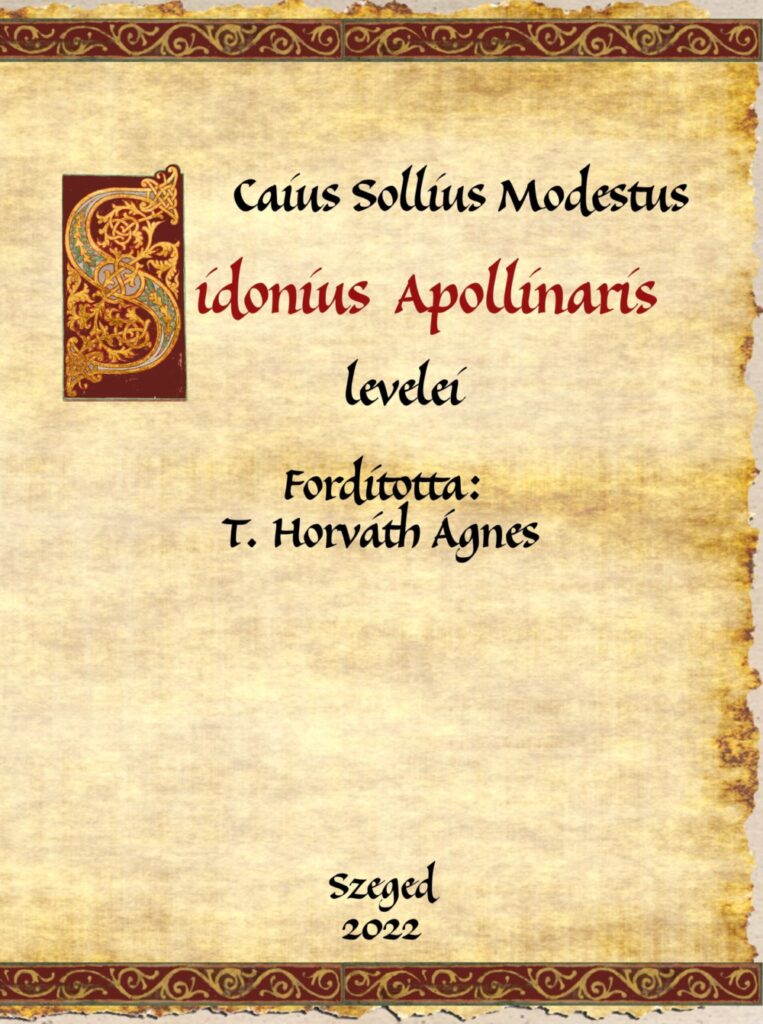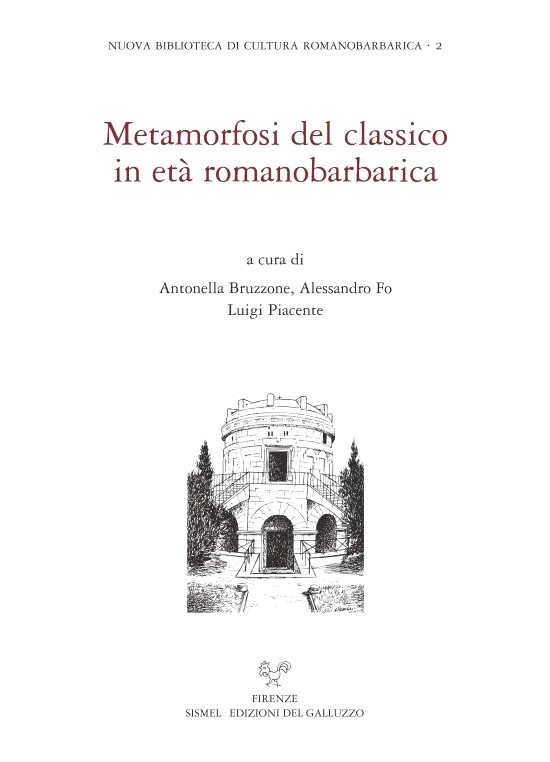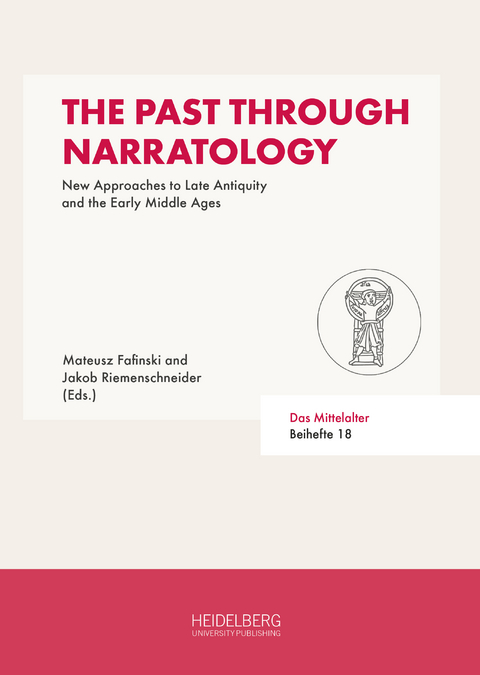Discussing the role of letters in late antique Roman politics (4th to 6th century AD): how did various late antique actors and interest groups use letters to try and influence decision making processes on all levels?
Letters played a prominent role in the functioning of social and political life in the late Roman Empire. News and information were often communicated by letter, and imperial and ecclesiastical decisions were in many cases negotiated and communicated via letters, which could even carry the force of law. As a result, letters are an invaluable source for research on late antique politics, yielding insight not just into decisions, but also into decision making processes. From this point of view, letters disclose the functioning of late Roman politics as a dynamic practice of negotiation and diplomacy. The thousands of letters that have been preserved from these centuries show late antique correspondents using the genre of the letter for recommending, arguing, defining, ordering, requesting, debating, and lobbying, in an attempt to influence decision making processes to their own advantage, as well as for authoritatively communicating decisions and laws.
The aim of this workshop is to shed new light on the important but underinvestigated role of letters in late antique Roman politics: what was the role of letters in late antique elite networks, the imperial bureaucracy and ecclesiastical controversies? What were the functions of different letter types, including letters of recommendation, petitions to the Emperor and the imperial legislative letters? How was authority created through (authentic or forged) letters in the context of legal procedures and theological controversy? What was the role of letter carriers, the cursus publicus, and letter collections in this political use of letters?
Possible research questions include, but are not limited to, the following:
Letters in imperial decision-making
– What role did correspondence play in the decision making processes of the imperial bureaucracy?
– To what extent were letters processed differently by the imperial administration than petitions?
– When, why and how did the Emperor write letters as a form of legislation?
– How did imperial legislative letters differ from other imperial as well as from elite correspondence?
– What role did letters play in the administrative practice of the imperial bureaucracy?
Lower level politics
– Who wrote letters trying to influence political decisions in the late Roman Empire and why did they do this?
– Who received letters and what kind of request did these letters entail?
– What reactions did such letters elicit?
Letters and authority
– How did letters obtain (legislative) authority?
– How did letters function as evidence (e.g. in court or during Church councils)?
– What role did letters play in ecclesiastical decision-making processes?
– How were late antique letters reused in later ecclesiastical or political disputes?
Elite networks
– What was the function of letters within late antique social networks?
– How did elite members use their correspondence networks for lobbying?
– What was the role of rhetoric and self-presentation in letters?
– Which political purposes were present in which letter types (e.g. letters of recommendation, intercession, petitions, legislative letters)?
Letters and letter collections as political instruments
– How did the practicalities of correspondence (e.g. letter carriers and the cursus publicus) influence late antique decision making processes?
– How did letters relate to oral communication and diplomacy?
– How did the Roman elite cope with the forgery of letters in their decision making processes?
– How were letters and letter collections in late Antiquity used for political purposes?
– What functions did letters have in the context of their collections?
Organizers:
Prof. dr. Lieve Van Hoof
Marijke Kooijman
Matthijs Zoeter
Confirmed speakers:
Prof. Dr Dr Dr Peter Riedlberger (keynote), Prof. Dr Klaas Bentein, Prof. Dr Philippe Blaudeau, Prof. Dr Michael Grünbart, Marijke Kooijman, MA LLB, Prof. Dr Angela Pabst, Dr Fabian Schulz, Dr Rens Tacoma, Prof. Dr Lieve Van Hoof, Matthijs Zoeter, MA,

